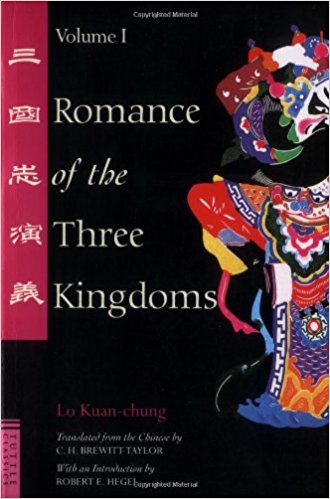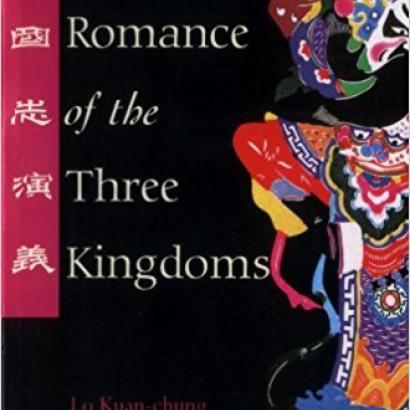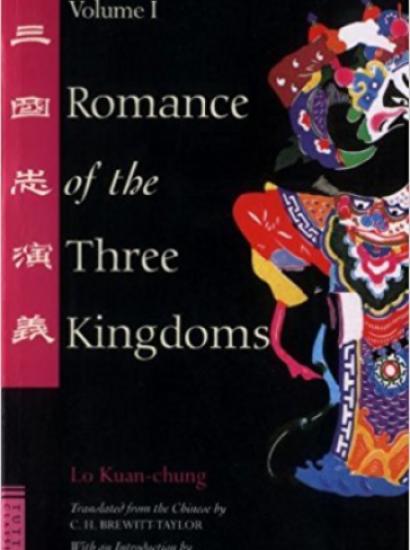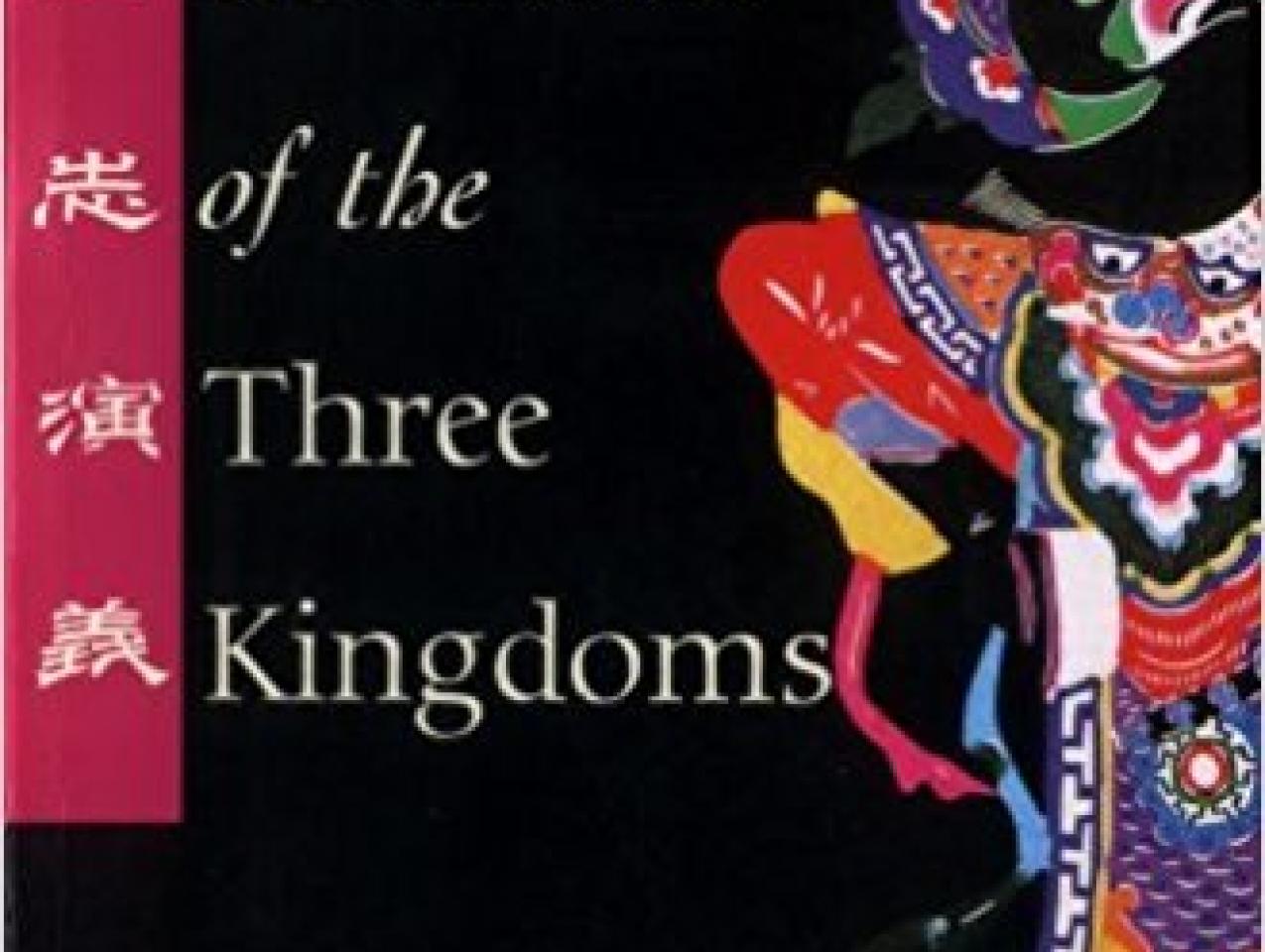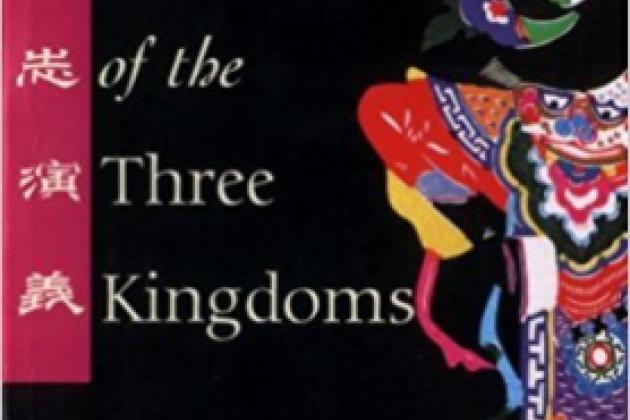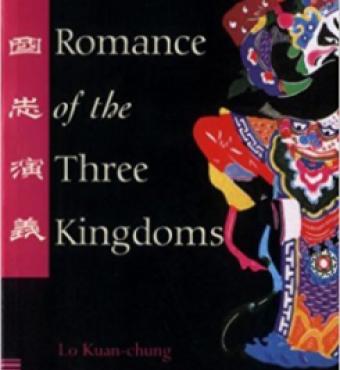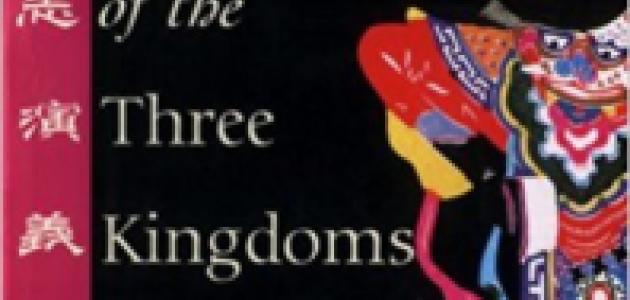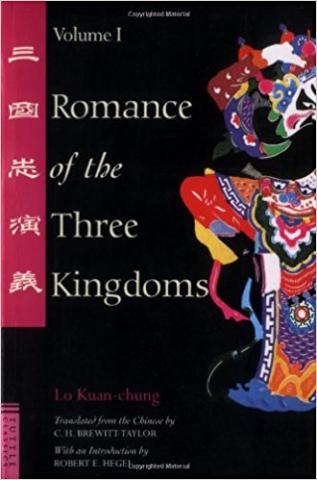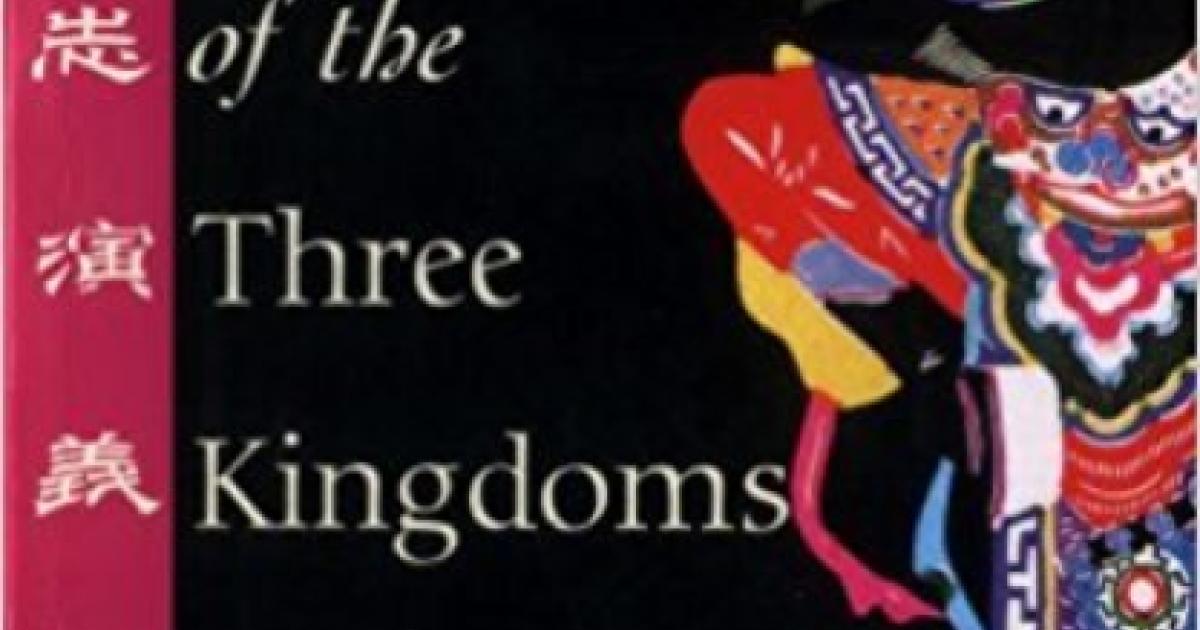- History
The Romance of the Three Kingdoms (Chinese Classic attributed to various authors from the thirteenth to the seventeenth century)
This massive fictionalized history of the struggles attendant to the death the Han dynasty and the establishment the Jin dynasty (circa AD 169-280) is akin to Shakespeare’s historical plays as well as, in some respects, to Thucydides’ History of the Peloponnesian War. It is to be approached in the same way, for what the dialogues tell us about a civilization’s understanding of conflict, of statecraft, as well as of virtue.
The history is straightforward: A Northern warlord, repelled by the sight of eunuchs who monopolized power in a weak emperor’s court, takes over the court and makes a puppet of the emperor. As he becomes a tyrant, assassination attempts mount within and revolts brew in the peripheries, eventually giving rise to three contending claimants to the empire. Eventually, one annexes the other two. Not for nothing however is this a “romance” that, in its original form, consisted of nearly a million classical Chinese characters and that Chinese television has serialized it in 95 superbly acted and staged episodes of 46 minutes each. In that form it is part of China’s attempt to reach back to its cultural foundations. One more reason for Westerners to pay attention.
The book is a showcase of Chinese civilization’s hierarchy of values. Secondarily, it illustrates the emphasis that Sun Tzu’s The Art of War places on deception and surprise in Chinese military culture. The highest of goods is the stability that a continuing dynasty provides. Hence, devotion to the provider of this peace is the greatest of virtues. From this flows the rest of China’s hierarchy of virtues: devotion of sons to fathers (and mothers as well) and of subordinates to superiors. Again and again, in countless situations big and small, this hundred-year struggle plays out through challenges to these virtues.
The struggle of the three kingdoms is, in a fundamental sense, natural and unavoidable: “Turbulent times bring forth unpredictable changes.” “Willful men split the kingdom.” “The arrow on their bows must be shot as they reveal their ambitions.” “Let peace be restored to our land.” Similarly, the manner of the struggle follows the laws of “heaven.” Struggles big and small are decided more often than not by one side having a firmer hold of virtues, such as self-control, resistance to overweening pride and self-confidence, as well as superior skill at deception, misdirection, and surprise.
Each major contender employed a wise man as counselor. On the highest level, the struggle for succession of the Han dynasty was between these wise men. The winner turned out to be the one whose thoughts and actions had the highest admixture of deception as opposed to virtues and skills. The wise men had in common countless poems and sayings, perhaps the most telling of which concerns the fate of a cicada that chirped in the sunshine, unaware that a mantis was about to pounce.







